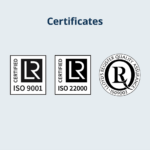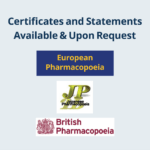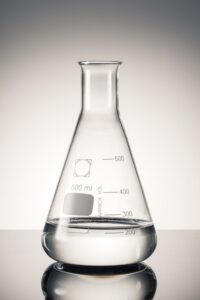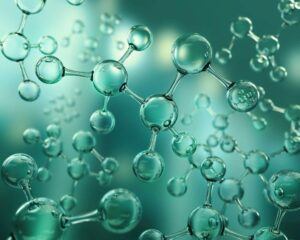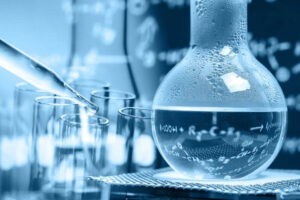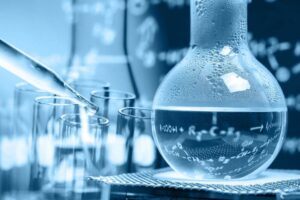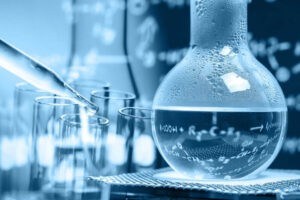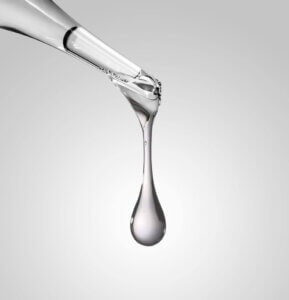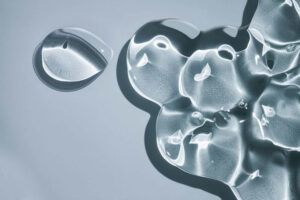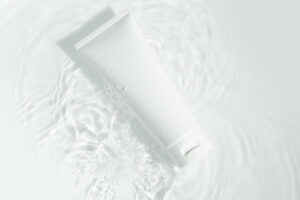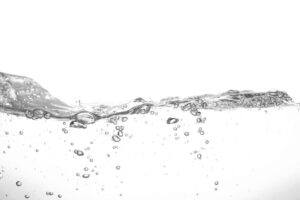BP, EP, USP, JP Grade
Denatured alcohol is commonly used in the chemical industry. As a bulk supplier of denatured alcohol, Sasma offers various bulk packaging options of this alcohol.
Denatured alcohol uses and Denaturation
Denaturants are added to the alcohol, causing it to be declassified as potable alcohol. Denaturants such as Bitrex, DEP or MEK are added to make the denatured alcohol unfit for consumption. Therefore, excise tax duties can be reduced.
The alcohol keeps its neutral odor, meaning it will not affect your product. Denaturation can even increase the ability of ethanol to be a better solvent. The denatured ethanol will also receive a different product code.
Quality and Certifications
To meet the pharmaceutical and medical industry quality requirements our denatured alcohol complies with British Pharmacopeia (BP), United States Pharmacopeia (USP), European Pharmacopeia (EP) and Japanese Pharmacopeia (JP) standards.
Why work with Sasma?
We meet your distinctive demands, working flexibly and dependably. Sasma is an ISO 22000:2018 certified company. We are able to supply the highest quality and do so consistently. All our denatured alcohol is produced adhering to strict standards so you can use it confidently in both pharmaceutical and medical fields.
Applications and Use
Denatured alcohol can be utilized for electronic, cosmetic, and pharmaceutical purposes. It has served as a solvent for laboratory use, as well as a cleaning agent and disinfectant. Additionally, denatured alcohol can help in specimen preservation.


